Top 3 Safety Items Every RVer Needs
Tami and I have been full time RVing since 2014, and we are just as excited about RVing today as we were then. RVing is a different experience for everyone and while RVing can have its ups and downs, it is all part of the adventure. Of course, there are certain things that every RVer should take responsibility for to help reduce the painful moments of RVing, and I wanted to talk about three of those items. In my opinion, the top 3 safety items that every RVer should have a plan for is electricity, tires, and propane. Let’s take these one by one and come up with a plan to make sure you are safe in these areas.
Electrical Safety
Electricity can be a scary thing. I mean, even when we build a house the city inspectors get involved and make sure that the final connection to the house is up to code. Well, with RVs, we just plug them into power pedestals ourselves and assume the same safe transfer of power will happen to our house on wheels. In most cases we are safe, power is stable, there are no wiring issues, and the voltage is up to standard. Then there are times that you plug into a power pedestal and you experience wiring issues, like an open ground or open neutral condition, both of which can be dangerous conditions. What about low voltage to your RV? This is probably the most common thing that can happen to an RV and sometimes you would not even know it is happening.
When I hear an RVer say they have been RVing for 30 years and never had an electrical issue, I am not sure about that. Think about this: you are in a park that is having low voltage issues, but you don’t really know if because your appliances are still working, but in the background, they are struggling. Maybe a few weeks goes by and your microwave is not working, and you ask yourself what happened. Maybe you just think that it has met the end of its life as scheduled, but what about that low voltage you exposed it to? Low voltage will certainly decrease the life of your appliances, but because there is often not an immediate cause and effect, we do not attribute the death of the appliance to what really may have happened. Then of course a surge can come into the RV for several reasons. While this is a less likely scenario, it can still happen, and if it happens in a big way, it can be a very costly event.
So, what do we do? The solution is yet another piece of technology called a total electrical protection system. Some call it an EMS, but they are both the same thing which is a surge protector that also protects against low voltage, miswired pedestals, and more. Some surge protector brands do it better than others, and while I have used and tested a lot of models over the years, I personally use the Surge Guard brand for my RV. The Surge Guard will analyze the power pedestal and let you know if there are any wiring issues, and it will protect you against surges, plus high and low voltage. It is everything you need in an electrical protection system. In addition, the Surge Guard can detect issues inside your RV which is unique to this brand. If you have elevated ground current or open neutral conditions inside your RV, then the Surge Guard can protect you from that as well. Surge Guard also has the best warranty on the market with their Connected Equipment Coverage.
The bottom line is to protect your investment and to protect against electrical conditions that could cause harm, you should use an electrical protection system every time you plug your RV into power. You can get a Surge Guard from TechnoRV or another brand from another company, but either way, protect your RV with a Total Electrical Protection System.
Tire Safety
Of course, everything is riding on these rubber doughnuts and as easy as it is to care for your tires, it is still a commonly neglected item on a lot of RVs. Did you know that most tire blow outs can be prevented? Most blowouts are preceded by low tire pressure and high temperature on the tire. So how does a tire lose pressure? There are 3 common ways that a tire loses pressure: the tire gets a puncture, the valve stem develops a leak, or over time you can lose air through osmosis, or air leaching out of the tire itself. The key here is to be aware of these issues should they occur because as an RVer, you will always be subject to these type things occurring with your tires.
The first part of a good tire plan is to visually inspect your RV tires before travel days. If you do this consistently, you will eventually find a problem. Maybe you picked up a nail, or you see the side wall starting to crack, or maybe you have dual tires and some debris has become stuck in between the two tires. If you do a good visual inspection, then you can identify things that will certainly be problems down the road.
Next, you need to make sure you are running the proper tire pressure for the load that you are carrying. Tires are designed to carry a certain amount of weight based on the air that is in the tire. The air is carrying the load. The proper air pressure for your tires is based on the amount of weight that it is carrying and the only way to determine this is get your RV weighed. The best way to do this is to weigh the RV at each tire position, and then apply the weight to the load inflation chart provided by the manufacturer of your tire. If you have not been weighed before, then you should go with the max air pressure for the tire as under inflated tires are far worse than over inflated tires. Remember, tire pressures should be the same across a single axle, so if you are at 100 psi on one tire on the axle, then the other tire on that axle should also be 100 psi.
So, we are doing our pre-trip inspection, and we have the proper tire pressure in our tires, now how do I know if things are going wrong while I am driving down the road? This is where a quality tire pressure monitoring system (TPMS) will come into play. It is great to know the tires are ready for action when you leave for the day, but the only way to know if you develop a tire leak while underway is to use a TPMS. Remember, low pressure and high temperature usually proceed a blow out, and if a TPMS can alarm you of these conditions in real time, then you would have time to get off the road and deal with the issue before the blow out occurs.
We personally use the TST TPMS system, but TechnoRV also carries the TireMinder TPMS brand as well as we have tested both units and have proven them to be quality units. Getting a TPMS is one of the easiest ways to ensure your tires are ready for action. In fact, they can shorten your pre-trip duties as you will no longer have to check your tire pressures manually as the TPMS will give you the data automatically.
Propane Safety
I always thought that there were appropriate safety measures built into propane tanks. I guess I didn’t think about it too much, but my assumption was that if there was a propane leak that somehow the flow of propane would be stopped. As it turns out, propane tanks do not have anything in place to cut the propane flow should you have a leak. There are basically two safety devices built into your propane tank: the overfill protection device and overflow protection valve. The overfill protection device keeps a tank from being overfilled and the overflow protection device can cut off about 75% of the flow of propane if there is a leak. Cutting 75% of the flow during a leak is just not enough for me as that other 25% could fill the inside of my RV very quickly. Luckily, there is a device that you can add to your propane tank that will shut off 100% of the flow of propane should you have a leak. The device is called GasStop and it is easily installed to give you this 100% protection.
Having the proper devices in place to ensure your safety in these areas is especially important and can certainly make your days on the road a little less stressful. If you would like more information about TST and TireMinder Tire Pressure Monitoring Systems, Surge Guard Electrical Protection Devices, or GasStop Propane Shut-off Devices, feel free to contact us. We’d be happy to help walk you through the decision making process to find the right safety device for your RV and situation.



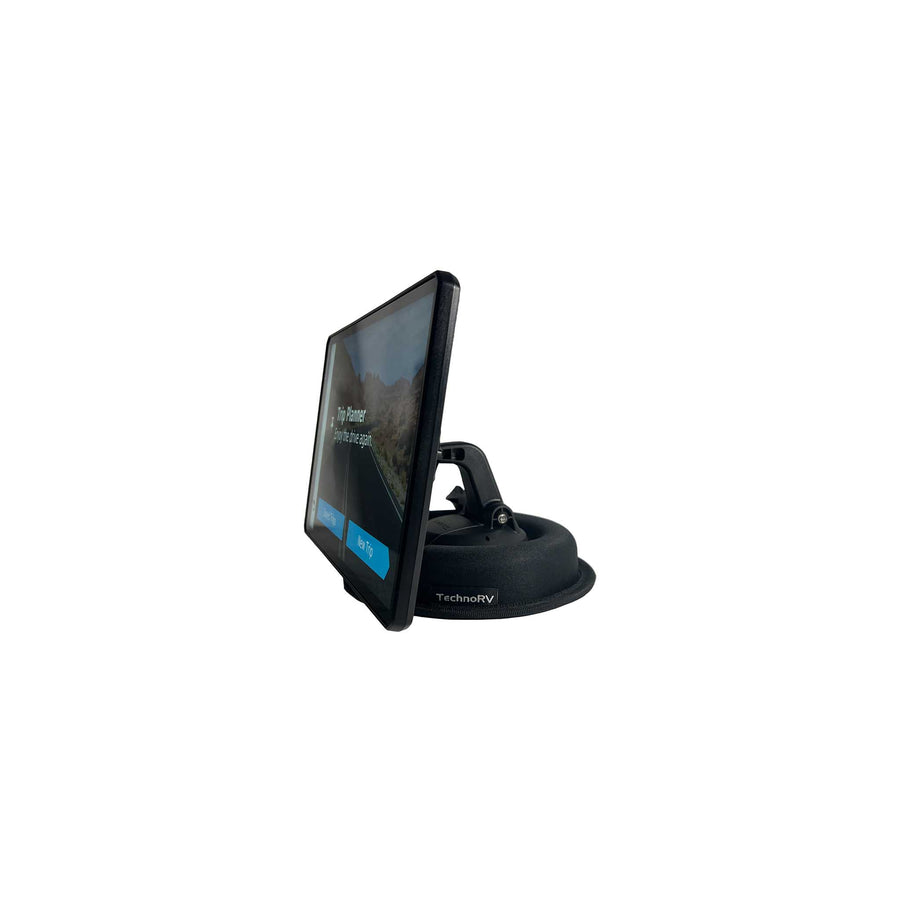
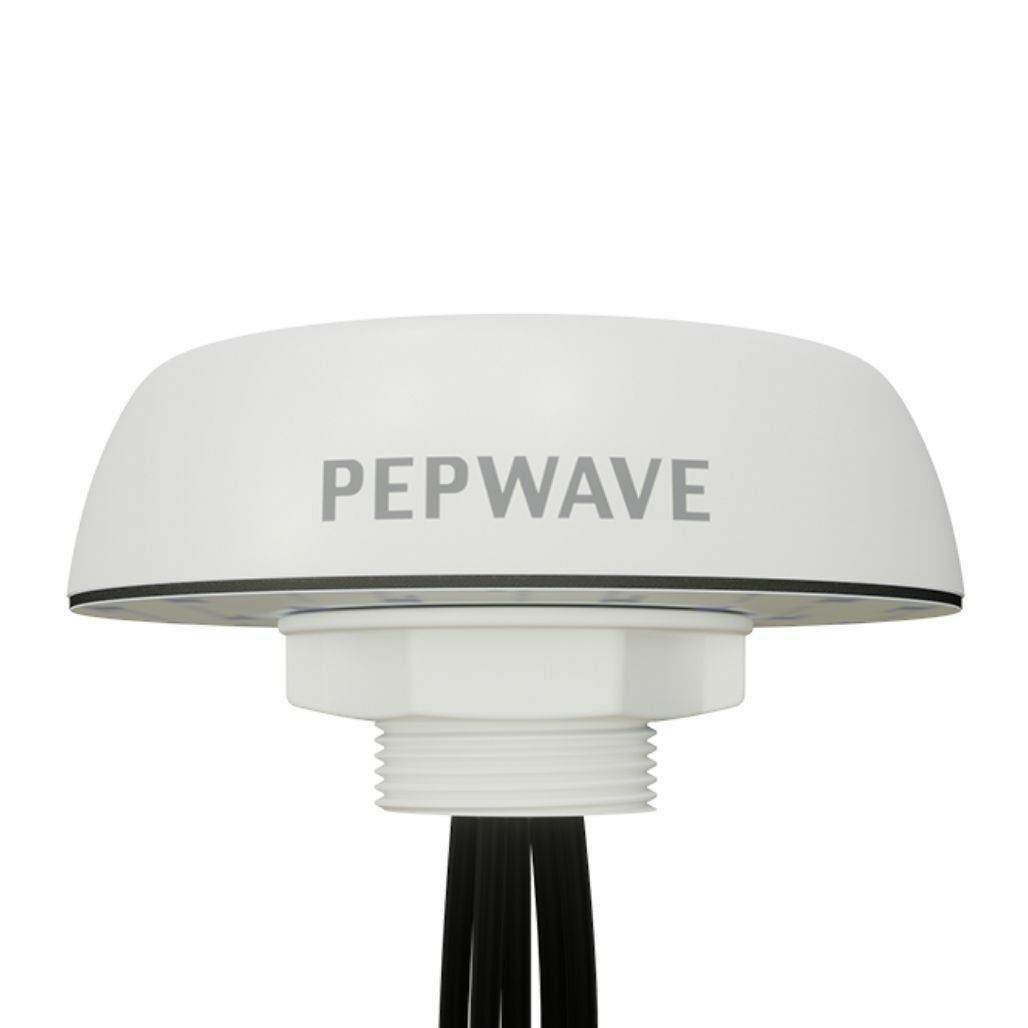





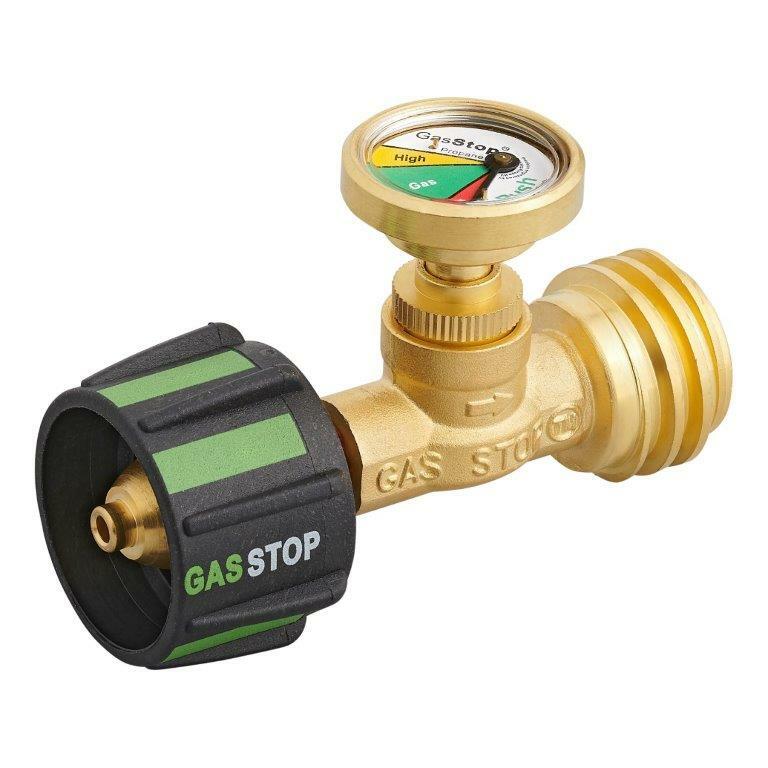

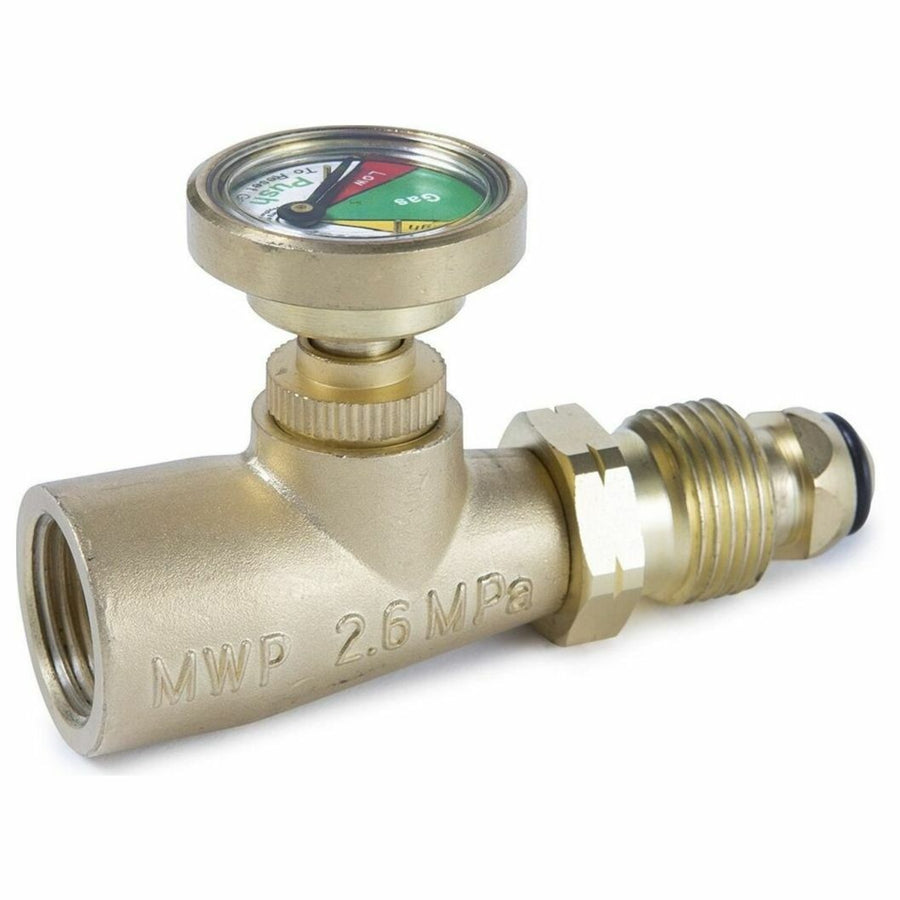

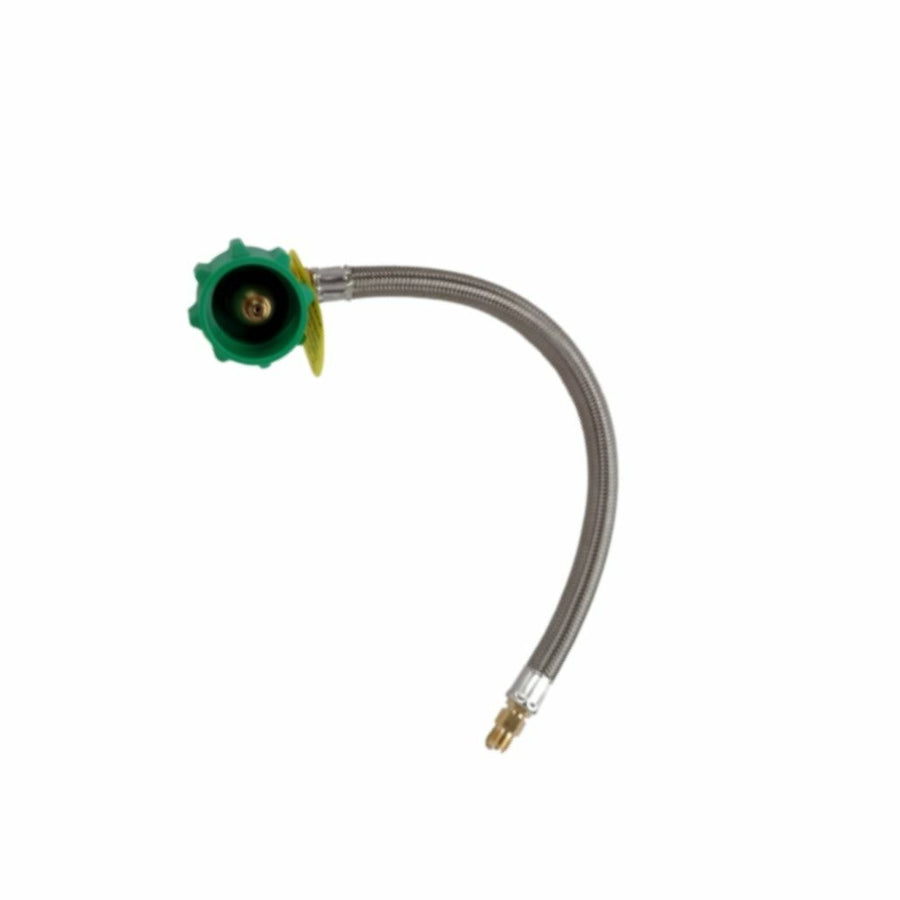

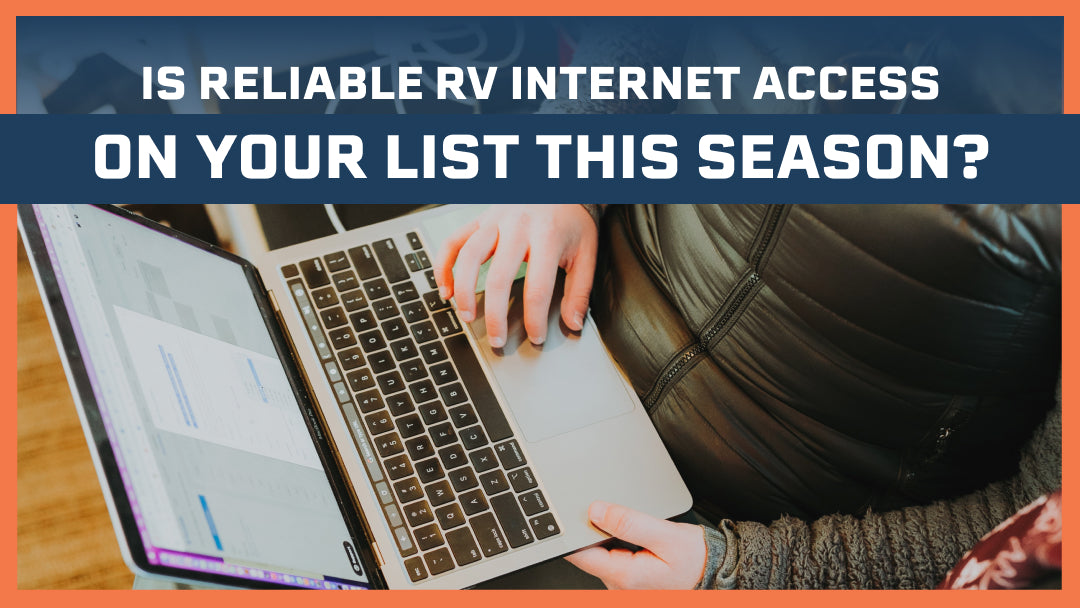
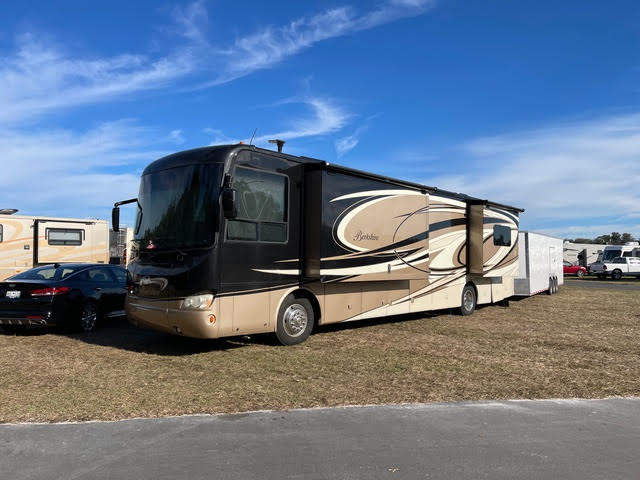
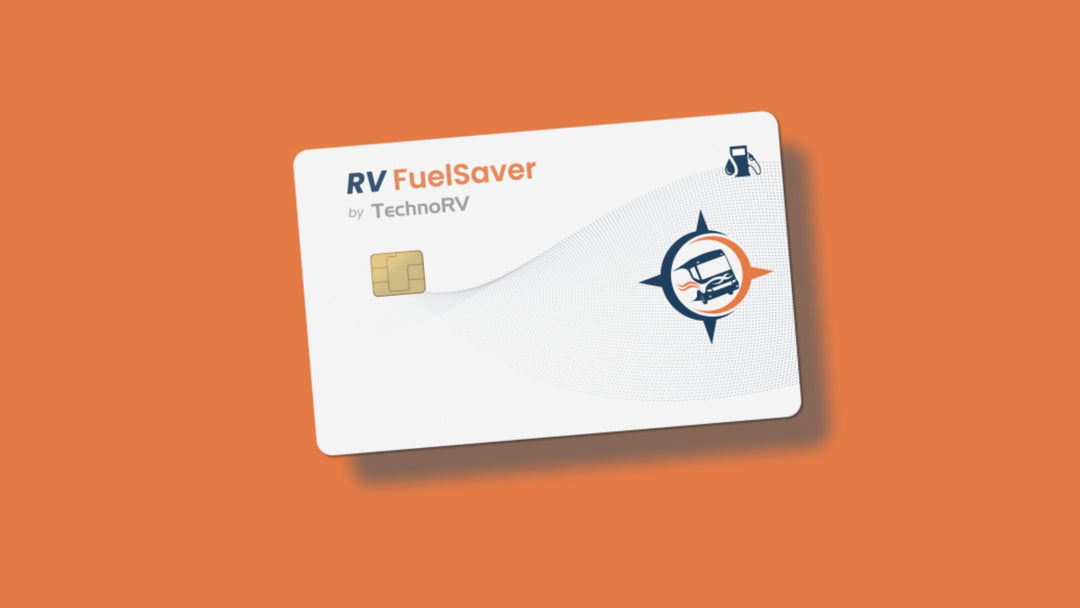
Leave a comment